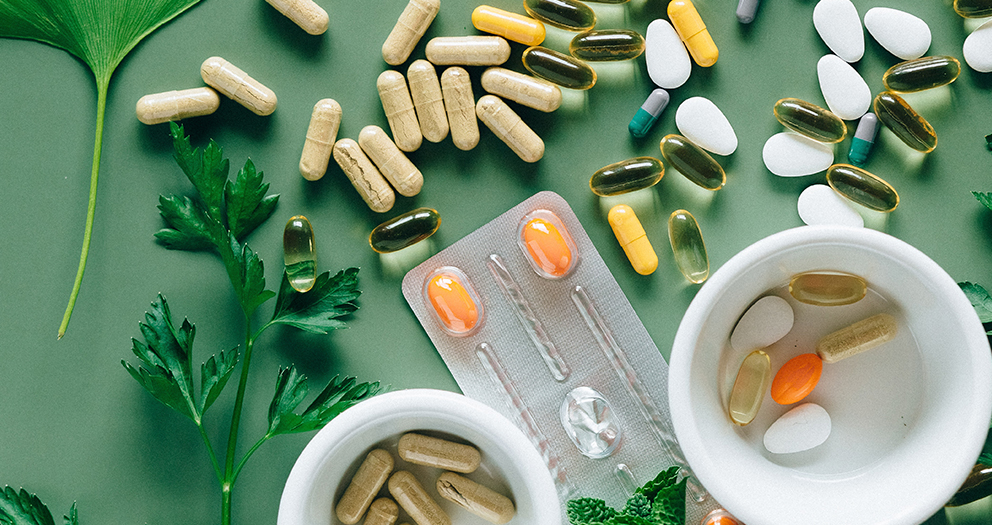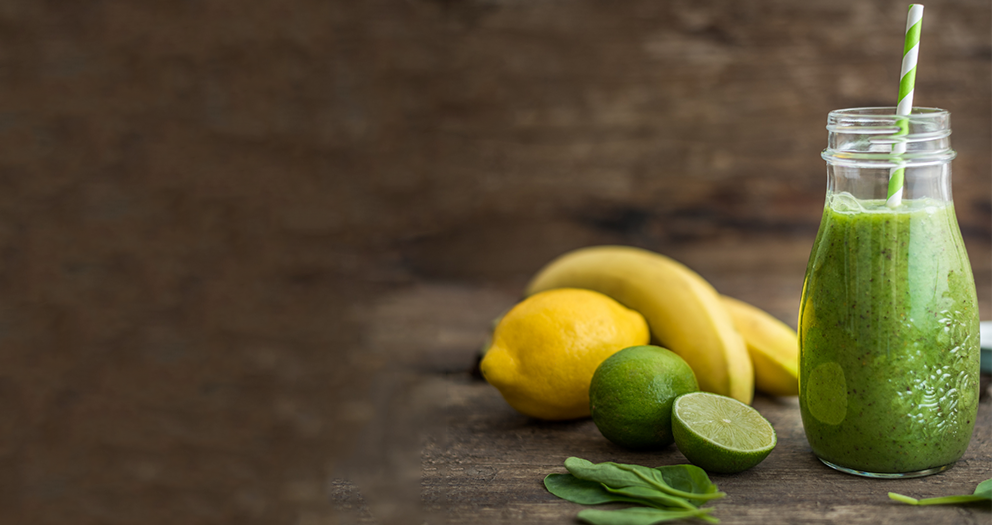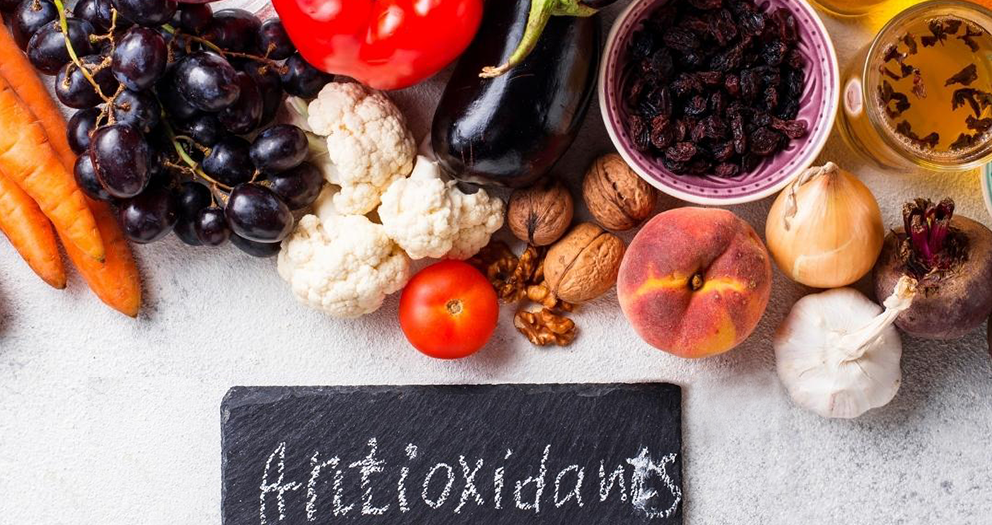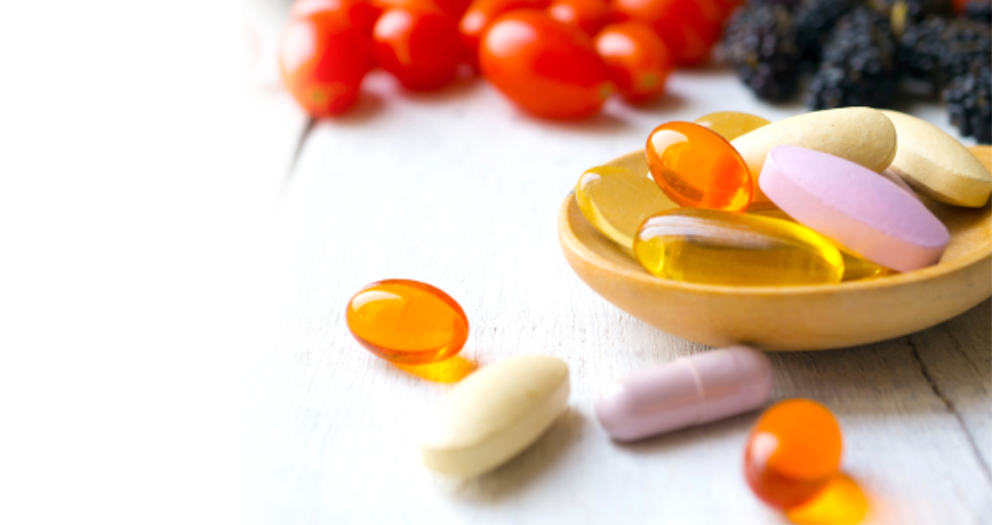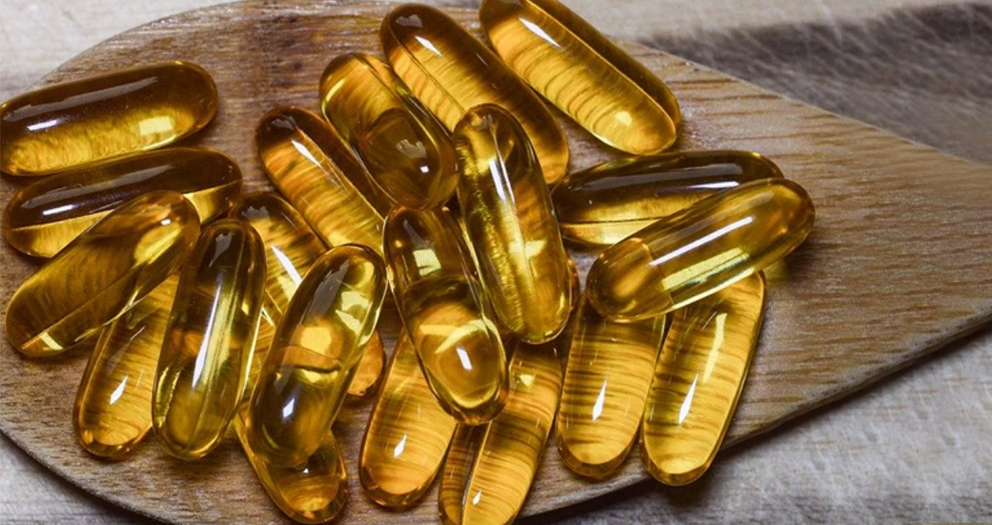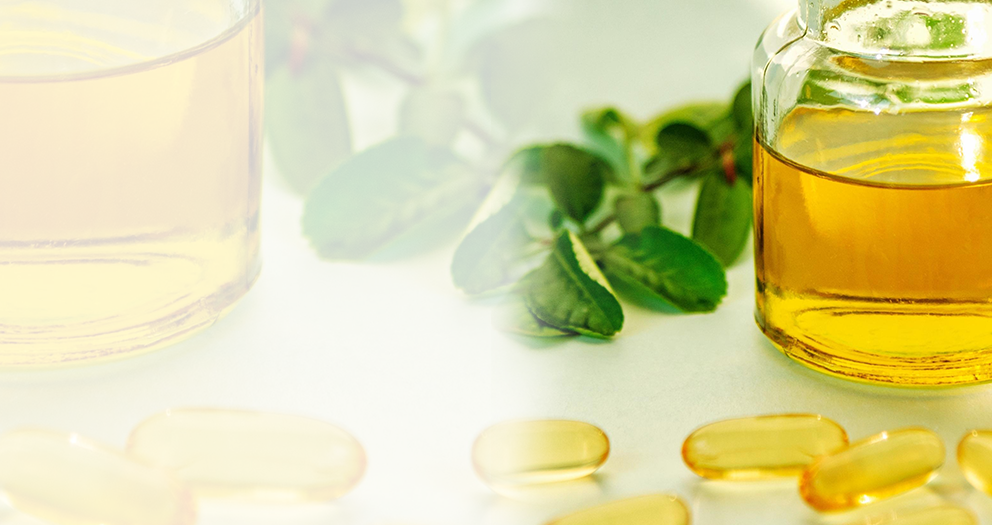Everyone keeps talking about the importance of adding antioxidant rich foods to your diet. But do you know what antioxidants are? How do antioxidants work? Why are antioxidants good for you?
Okay I will come out and say this, just because you don’t know the benefits and reasoning behind it doesn’t mean you should not consume antioxidants in your diet.
What are antioxidants?
Our modern lifestyle that includes primarily our diet, smoking, alcohol, lack of exercise have contributed to an accumulation of free radicals in the body. Free radicals and unstable molecules are a result of the environmental damage to the body. These free radicals attach themselves to the cell wall and slowly attack each cell and organ in the body.
This is where the role of antioxidants comes in handy. Antioxidants a.k.a free radical scavengers attack these cells and prevent them from getting to the cell wall. If the body cannot process free radicals naturally, oxidative stress is caused thus leading to organ failure.
Factors that cause free radicals are both internal and external. The role of antioxidants is to minimize the damage and keep the body at an optimal functional level.
Oxidative stress has the potential to cause several lifestyle diseases like cancer, heart condition, diabetes, emphysema, respiratory illnesses and even immunity related problems. In shorts, antioxidants are vital for your health.
Importance of Antioxidants:
Antioxidants can protect the body from free radicals and reduce the chance of lifestyle diseases due to oxidative stress.
Here are few factors that may cause oxidative stress:
- Unhealthy diet that includes a lot of processed foods.
- Smoking and alcohol
- Pollution
- Bad sleep patterns
- Excessive exercise
- Mitochondrial activity
- Radiation
- Industrial solvents and exposure to chemicals.
The presence of free radicals in the body is the cause of oxidative stress and that can lead to
- Cell damage
- Heart and liver conditions
- Excessive release of free copper ions
- Electron chains disruption
- Generate enzymes that release free radicals.
When you add antioxidants to your diet, you have a chance to limit these risks.
Studies claim that “Antioxidants act as radical scavenger, hydrogen donor, electron donor, peroxide decomposer, singlet oxygen quencher, enzyme inhibitor, synergist, and metal-chelating agents.”
Taking antioxidants supplements have reduced the vision impairments in older people.
Let us talk about the types of antioxidants:
We all tend to believe that antioxidants are substances that we can add on to our diet rather than antioxidants are a range of activities that certain nutrients can do.
A few examples include:
- Squalene
- Beta carotene
- Vitamin A
- Vitamin C
- Vitamin E
- Lycopene
- Manganese
Here are some examples of antioxidant rich foods.
- Pomegranate
- Berries
- Ghee
- Lemon
- Eggs
- Grapes
- Tea
- Papaya
- Oranges
- Eggplants
Now, if you can’t find a way to include these foods into your diet then you need to consider antioxidant supplements.
What is an antioxidant supplement?
An antioxidant supplement is a health supplement which will contain a nutrient which has antioxidant qualities.
What are the benefits of taking an antioxidant supplement?
It is really difficult to identify food groups rich in antioxidants and source them on a daily basis especially considering our lifestyle and lack of time. Here is where antioxidant supplements come into play. They help in filling the gap in your diet and give you a consistent flow of antioxidants into your body.
Which is a good antioxidant supplement?
Have you heard of squalene? Squalene is a natural oil that is produced in the body. Squalene is also found in nature in olives, rice bran and shark live extracts. Squalene is one of the most powerful antioxidants out there and adding a pure squalene supplement will go a long way. O2live is the best antioxidant supplement that has squalene and can be used on a regular basis. O2live- Antioxidant capsule benefits include:
- Squalene has powerful antioxidant properties
- Squalene is an immunity booster.
- Squalene increases the bioavailability of oxygen in the body.

